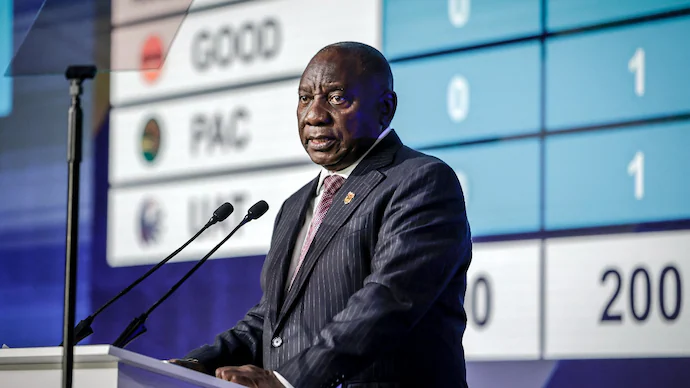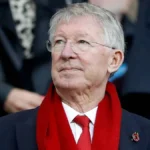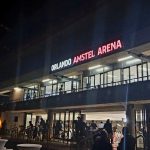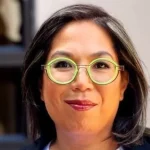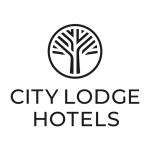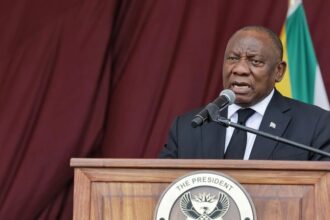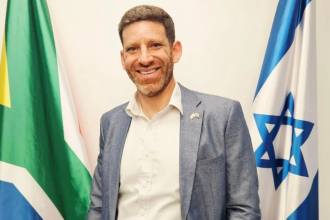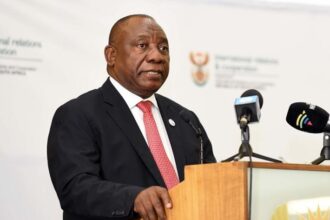At a recent ANC event marking the 100-day milestone of the Government of National Unity (GNU), President Cyril Ramaphosa appealed to supporters to evaluate the coalition’s efforts based on its impact, not the political affiliations of its members. The President acknowledged the diversity of the 10 parties in the GNU but stressed that their collective goal was to improve the lives of ordinary South Africans.
Speaking at an event in Johannesburg’s CBD, Ramaphosa said, “The GNU should not be judged by the political orientation of the parties that constitute this administration, but it should be judged by the impact that it will make … on the lives of the poor.”
A New Era for the ANC and South Africa
Ramaphosa highlighted that while the ANC and its partners might have significant ideological differences, the parties are united by their desire to rebuild the country. He drew comparisons to the 1994 GNU, which saw the ANC working with parties representing apartheid-era interests. He explained that this demonstrated the ANC’s ability to work with others for the greater good, stating: “We also know that the ANC has the strategic clarity and political capacity to work alongside those in pursuit of progressive goals.”
This coalition government, made up of an unlikely mix of the ANC, DA, IFP, Freedom Front Plus, PAC, Patriotic Alliance, Good, UDM, Rise Mzansi, and Al Jama-ah, has raised eyebrows among some of the ANC’s traditional allies. Both the South African Communist Party (SACP) and the Congress of South African Trade Unions (Cosatu) have criticised the inclusion of the DA and Freedom Front Plus, instead arguing that the Economic Freedom Fighters (EFF) and the MK party would be more natural partners for the ANC.
Public Support for the GNU Grows
Ramaphosa took the opportunity to highlight growing public support for the GNU. According to a poll conducted by the Social Research Foundation, more than 60% of South Africans believe the coalition is functioning well. The survey also revealed a 10% increase in support for both the ANC and DA since the formation of the GNU, suggesting a warming sentiment toward the governing parties.
The President urged ANC supporters to “seek love back” from the public, acknowledging the party’s decline in the 2024 elections, where it fell below 50% of the national vote for the first time since the advent of democracy. Despite this, Ramaphosa pointed out that the ANC still received the most votes, signalling that South Africans continue to look to the party for leadership.
“We must go out to the people and say we want love back,” Ramaphosa said.
ANC Leadership After the Elections
The ANC’s leadership in key provinces has been impacted by the 2024 election results. The party lost its majority in Gauteng, KwaZulu-Natal, and the Northern Cape, prompting negotiations for provincial governments of unity. It continues to govern in a minority in Gauteng while retaining control of provinces like the Free State, Eastern Cape, Limpopo, Mpumalanga, and North West.
Ramaphosa reiterated that the ANC demonstrated leadership by accepting the election results, saying, “Here in SA, which is led by the ANC, we made it clear that we accept the will of the people because we respect our people.”
In other countries, he noted, it is common for ruling parties to resist such outcomes, but the ANC set an example of maturity by respecting the election results.
Key Priorities for the GNU
In his address, Ramaphosa outlined several critical priorities for the Government of National Unity. These include job creation, inclusive economic growth, addressing the high cost of living, improving service delivery, and tackling crime and corruption. These challenges, he said, require urgent attention if the GNU is to prove itself to the people of South Africa.
While the parties involved in the GNU may differ in their principles and objectives, Ramaphosa urged citizens to focus on the real progress being made in tackling the country’s challenges. The success of the GNU, he suggested, will ultimately be determined by its ability to uplift the poorest and most vulnerable in society.

